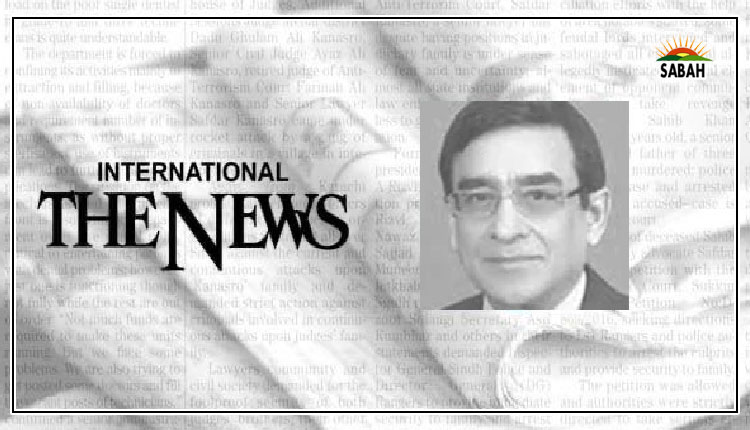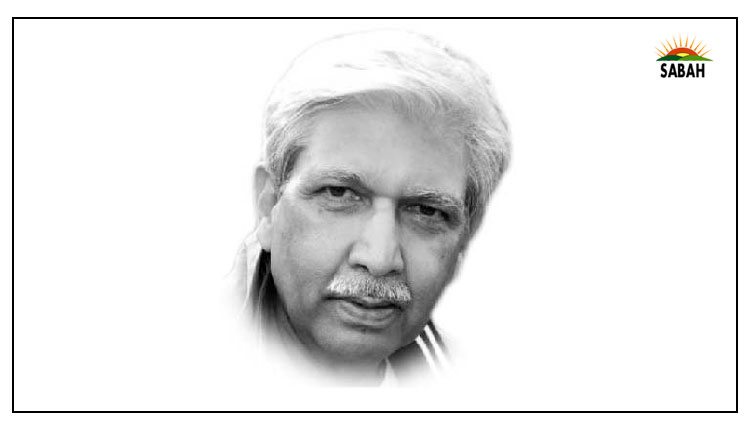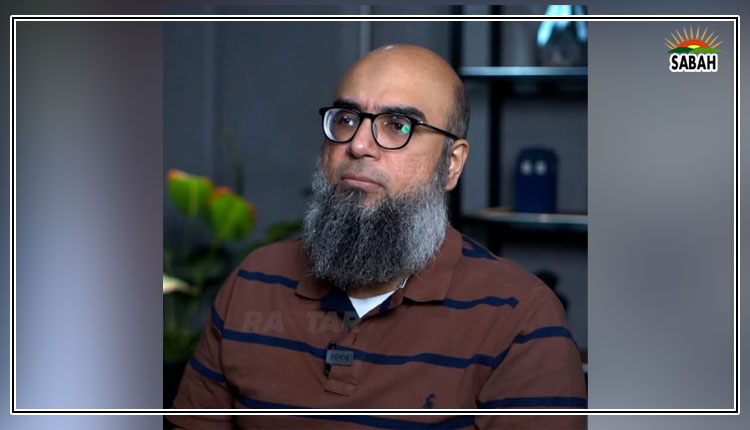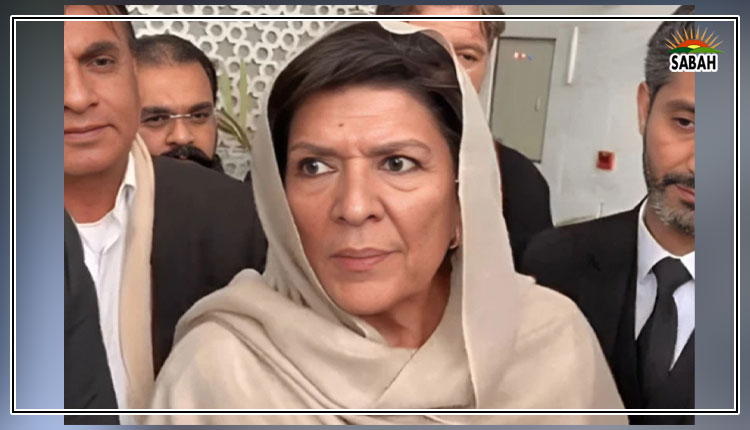Declining US, anxious Europe and ascendant China? … Imtiaz Gul
The US influence in the world is declining. Europe in some ways wants to break free from the US-defined global order and China is ascendant based on its internal strength. Empirical evidence at hand — recent developments involving the three power centres — prompts one to draw this conclusion.
Let us start with the US. In a recent opinion piece in The Washington Post, David Ignatius quoted a Rand Corporation study — The Sources of Renewed National Dynamism.
“The United States might be stumbling toward a decline from which few great powers have ever recovered. It has many of the tools of national recovery but doesn’t yet have a shared recognition of the problem and how to fix it.”
The study, commissioned by the Pentagon’s Office of Net Assessment, should serve as a loud wake-up call for America in this crucial election year, Ignatius wrote, calling it explosive stuff for “the relative decline in U.S. standing”.
“Its competitive position is threatened both from within (in terms of slowing productivity growth, an aging population, a polarized political system, and an increasingly corrupted information environment) and outside (in terms of a rising direct challenge from China and declining deference to U.S. power from dozens of developing nations).”
This decline is “accelerating,” warns the study.
“America is on a downward slope that could be fatal. What will save us is a broad commitment, starting with elites, to work for the common good and national revival. If we can’t find new leaders and agree on solutions that work for everyone, we’re sunk” was how Ignatius summed up his review of the study.
What is so obviously worrisome for the US as a whole is French President Emmanuel Macron’s pro-active diplomacy with Beijing. Following his 2023 Beijing visit in April last year, Macron not only hosted President Xi Jinping in Paris (May 6/7) but also led the Sino-French-EU Dialogue with the Chinese leader.
Macron — dubbed as Europe’s Good Cop when it comes to dealing with China — clearly represents those voices within the EU who are eager to extricate Europe from the US influence and chart their own way in relations with China. Like most of his European counterparts, Macron set the Ukraine war as his top priority during President Xi’s visit but deep down he differs with many as far as Europe’s strategic direction is concerned. As a firm believer in “strategic autonomy” for Europe, the president annoyed many after his Beijing visit in April last year, by saying that Europe should not become a “vassal” and must avoid being drawn into any conflict between the US and China…and that Europe should be a third power in the world order, along with the two.
And China’s ascendency across the globe was on display during his recent European tour. This visit took place on the back of little over 5 per cent GDP both in 2023 and 2024 (as of now) — despite the acrimonious tariff and sanctions’ disputes with the US and Europe. It was a rare diplomatic offensive through five European countries with a clear articulation of China’s preferences in its global engagement. The key messages that Xi delivered — both in bilateral meetings, the Sino-French-EU Dialogue and during the Sixth Meeting of China-France Business Council — centred on strings-free and equitable business, political and diplomatic relations. Xi also advocated that China and France should “jointly oppose attempts to turn business relations into political, ideological or security issues”.
The Chinese leader also underscored the need for Europe and China to “work together to increase understanding through dialogue, resolve differences through cooperation, and defuse risks with enhanced mutual trust.
President Xi also rubbished remarks that Secretary of State Anthony Blinken had made immediately after his meetings with the Chinese leadership in Beijing in April.
“There is no such thing as China’s overcapacity problem,” Xi said during the China-France-EU trilateral meeting with Macron and European Commission President Ursula von der Leyen.
“China alone is producing more than 100 percent of global demand for these products, flooding markets, undermining competition, putting at risk livelihoods and businesses around the world,” Blinken had remarked during a press talk in Beijing.
Do not weaponise trade relations, was Xi’s tacit advice to the US-led West. All appear apprehensive over China’s strides in Artificial Intelligence, energy, electric vehicles and cheaper production of essential goods.
Interestingly, without naming Russia, Macron welcomed “the Chinese authorities’ commitments to refrain from selling any weapons or aid” and to “strictly control” sales of products and technologies that can be used for both civilian and military purposes.
But without referring to the continued supply of US-European arms and money for Israel, Xi responded with calling the Israeli military actions in Gaza a “tragedy… a test of human conscience”, and said “the international community must do something” for an immediate, comprehensive and sustainable cease-fire in Gaza.
The geopolitics is clearly in transition. Major stakeholders are recalibrating positions. The noise around “unfair trade practices, human rights, access to markets” notwithstanding, some EU nations — also hit by inflation and supply chain disruptions — are weighing options of whether to tag along the US on every issue. After all, national security demands an autonomous policy beneficial for the people.
That is why Macron endeavoured to charm China’s strongman as much as he could. He invited the guests to the southwestern Pyrenees region and hosted them for a lunch in the mountains. After watching traditional dancers perform under the snowy peaks, the two presidential couples ate locally grown ham, lamb, cheese and blueberry pie. Xi said he would give the ham some publicity and praised the cheese.
Courtesy The Express Tribune, May 10th, 2024.












